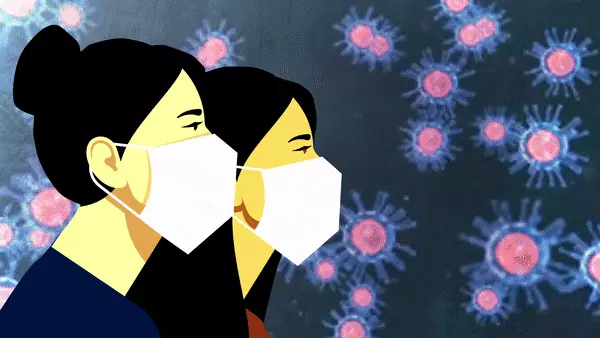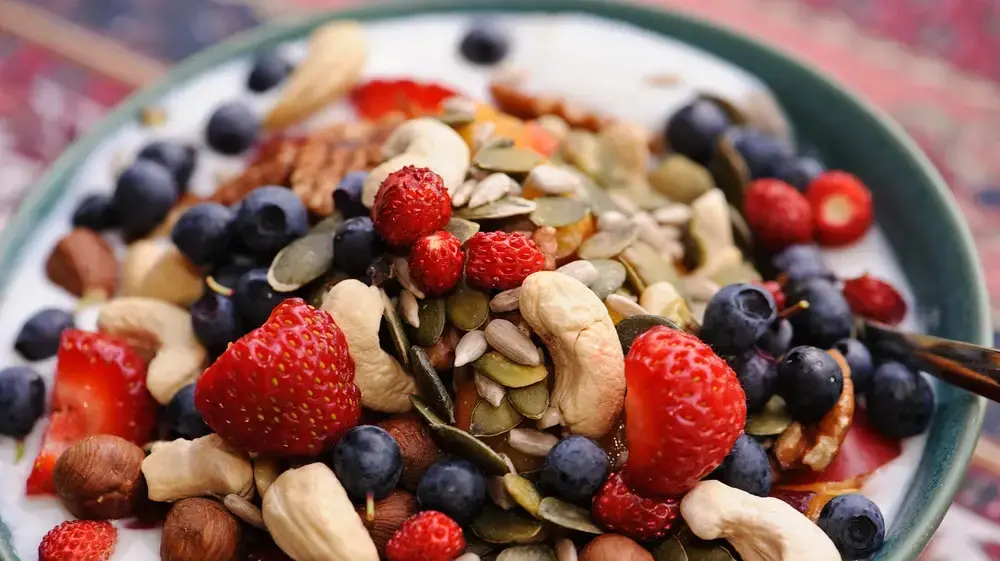Israeli researchers have examined how variants develop in our body.
This is what they discovered
After the unexpected blow that the omicron landed on our lives, many are now living in fear of the next variant - where it will come from and how difficult it will be.
Researchers from the Technion have dived into the world of variants to understand the variability of the corona virus
Walla!
health
27/01/2022
Thursday, 27 January 2022, 06:48 Updated: 08:59
Share on Facebook
Share on WhatsApp
Share on Twitter
Share on Email
Share on general
Comments
Comments
Spread Variant Omicron (Reuters)
The corona epidemic, also known as COVID-19, broke out in late 2019 and spread rapidly around the world.
Although the corona virus, SARS-CoV-2, is equipped with an efficient error-correction system, it is not immune to mutations.
Indeed, as we all know today, the virus has "split" into different variants, ones that we all feel their effect on a daily basis, and ones that have disappeared as they came.
More on Walla!
After two years of epidemic, the people who care for us are finished.
How do you help them?
To the full article
Quite a few researchers around the world have devoted the last two years to understanding the dynamics of the formation of variants at the population level, and in the more "active" variants in terms of population infection.
Now, a study conducted at the Technion and published in the journal PLOS Pathogens sheds light on a niche that has hardly been researched: the development of new variants at the individual level, that is, in the body of the individual during his illness.
The study was led by Dr. Yotam Bar-On and doctoral student Dina Khatib from the Rapaport Faculty of Medicine.
More on Walla!
Recovering?
This is your chance to get infected with Corona again
Here's how: 7 signs you may have been sick in Corona
Custom insole - half an hour and you go out into a new life
The development of new variants is the result of random mutations and natural selection.
Most mutations do not significantly alter the ability of the virus to survive and infect, but some give it a significant advantage and are therefore preserved and spread in the population.
In the context of the current epidemic, these are mutations in the spike protein - the arrowhead of the virus, which allows it to penetrate our body cells.
Many research groups are currently involved in the mechanism of development of new corona variants, through the analysis of variants and their evolution, especially the evolution of the spike protein.
These studies have enabled the unprecedented rapid development of dedicated and effective mRNA vaccines that have largely halted the epidemic.
The researchers found a new variant.
Corona virus (Photo: Giphy)
In the new study, the researchers examined, as mentioned, how variants develop in the body of a person who fell ill in Corona.
This study actually sums up a year and a half of work, and is based on an experimental platform that Dr. Bar-On began to develop in the post-doctoral period. Mapping the genome of the individual virus and thus comparing different variants that develop in the patient's respiratory system
. Which has not been known so far.In addition, they also examined the efficacy of existing vaccines against these variants and found that this efficacy varies according to the different types of mutations in the spike protein.
Gilo's variant of was known so far (Photo: Rami Shlosh, Technion spokeswoman)
There is also good news
In the bottom line, the researchers present good news: the mutations that develop in the patient's body produce, as a rule, variants with a relatively low adhesion capacity.
In other words, these variants may not be able to be transmitted from person to person by infection.
This figure, the researchers emphasize, requires further research that will validate it more strongly, but these are the findings regarding the 10 variants they examined in the study.
The researchers identified a specific mutation in s2, one of the sites in the spike protein, that impairs the effectiveness of antibodies that fight the virus.
According to Dr. Bar-On, "This identification is an important contribution to understanding the adaptation of the virus to the host's body.
We believe that our findings may lead to the identification of weaknesses of the virus - mechanisms that weaken its ability to infect - and the development of new means of inhibiting the infection. "The study also shows that Vaccines and drugs.
health
news
Tags
Corona
Omicron variant
polytechnic









